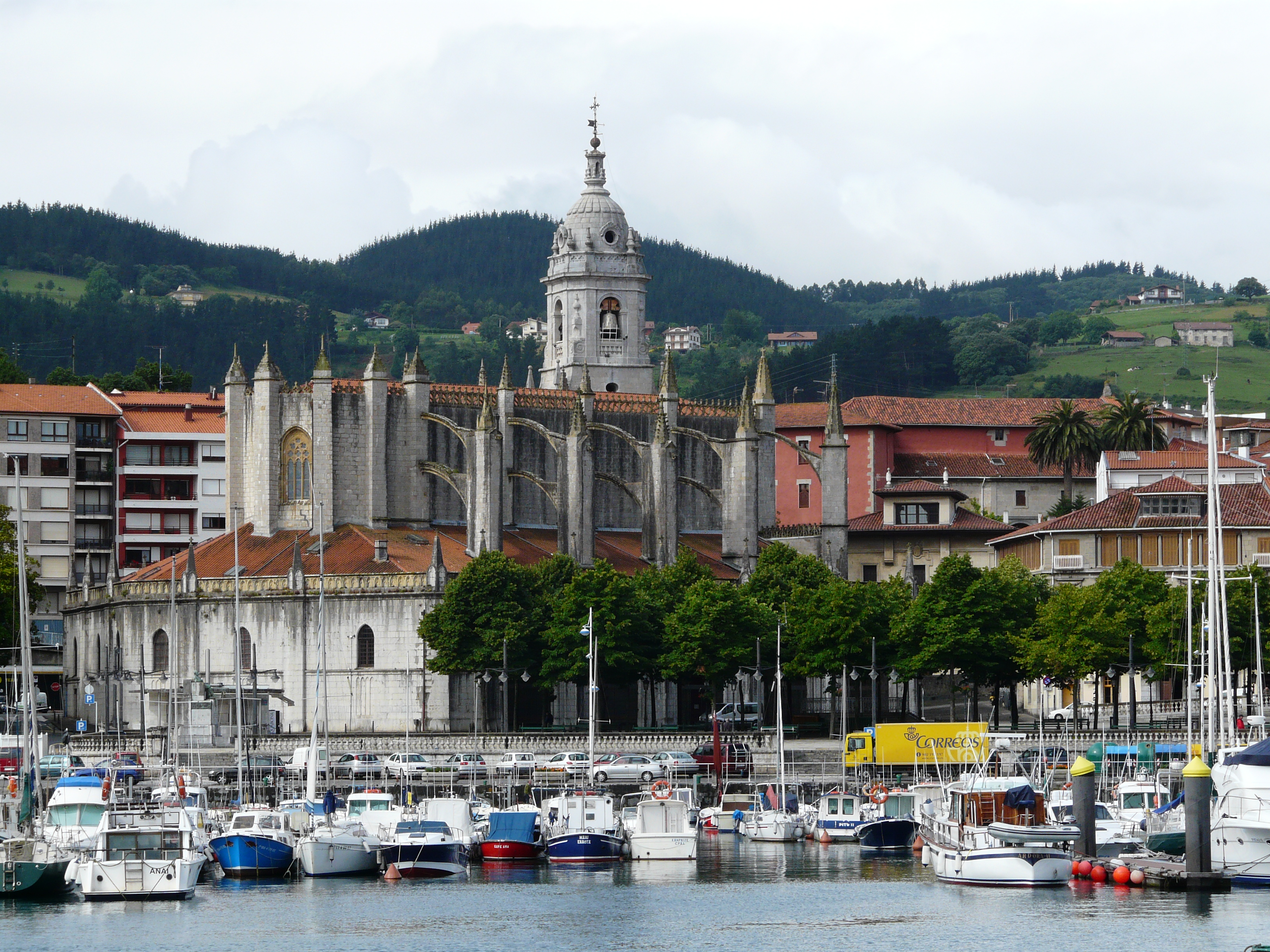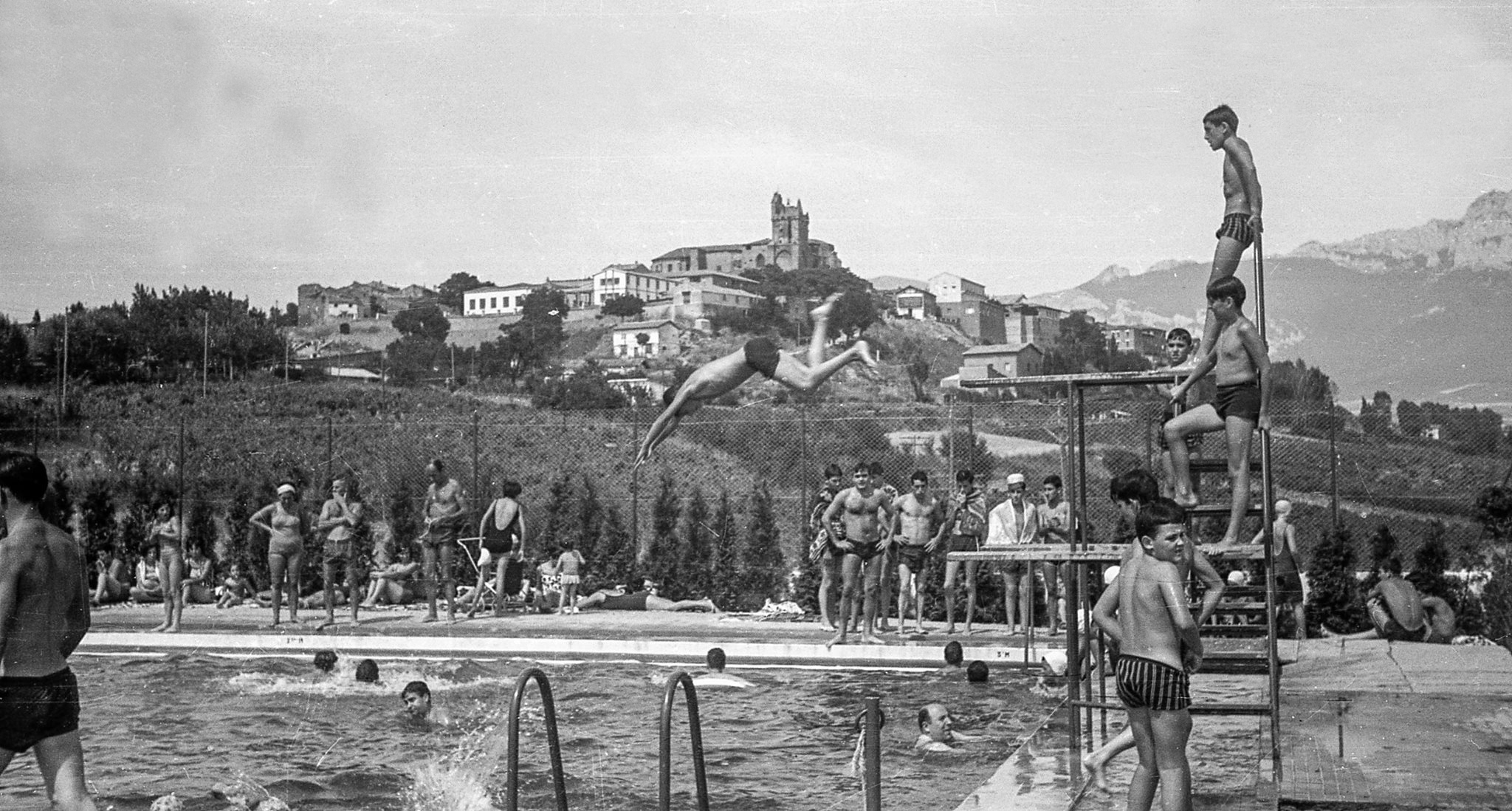Basque ethnography at a glance

Lekeitio (Bizkaia). Akaitze Kamiruaga. Labayru Fundazioa Photographic Archive.
Otium and negotium are contrasting ancient concepts. Noble Greeks and Romans of a certain status could afford to engage in conversation, reading, writing, artistic endeavours… Such a time of laborious leisure was known as otium. Tradespeople and merchants, however, coped with the demands of daily business or negotium. Much has changed since then.
Workers have endured years of long working days. Countryfolk would work from dawn to dusk, and in the city labourers faced abusive work hours and low wages.
Along with the reduction of workdays to eight and adoption of the so-called sábado inglés or non-working Saturday afternoon, the improvement of working conditions and other social achievements, the implementation of holidays for personal and family enjoyment was a major and much appreciated step for workers.
The first meaning of the Latin term vacatio refers to exemption or dispensation from military service, expenditure…, and work, vacatio laboris. Vacation is likewise observed in courts, where the period of time allowed before a new law goes into force is called vacatio legis.
At first workers accrued entitlements to just a few days of paid time off. The length of the holiday period increased over the years and lasts now a month. Holiday habits have also changed. There used to be a seasonal decline in general activity during the summer, and school is out. For these and other reasons, August has traditionally being a peak month for recreation.
Financially able families could take a holiday. They would travel to the coast or inland and usually rented a home. Men were the primary breadwinners of the household whilst women took care of domestic chores and stayed at the holiday home with the children. The husband was left to fend for himself in the city and visited them on weekends. That is what it means the Spanish expression “estar de rodríguez”.
That type of holiday is now a thing of the past, due mainly to the incorporation of women into the labour market. There has been a shift in the way free time is enjoyed, it being quite common for entire families to go on a short holiday while the children are still young.
The semi-mandatory tradition of taking holidays either in August or July is losing ground today, for fragmentation and distribution of annual leave throughout the year enables workers to practice diverse activities, such as skiing, swimming, and so on.
This blog too is taking a short rest from its weekly post during the month of August and will be back for the first Friday of September to provide further particulars concerning a variety of subject areas related to Basque ethnography. Thank you for your faithfulness.
Segundo Oar-Arteta – Etniker Bizkaia – Etniker Euskalerria Groups
Translated by Jaione Bilbao – Language Department – Labayru Fundazioa


